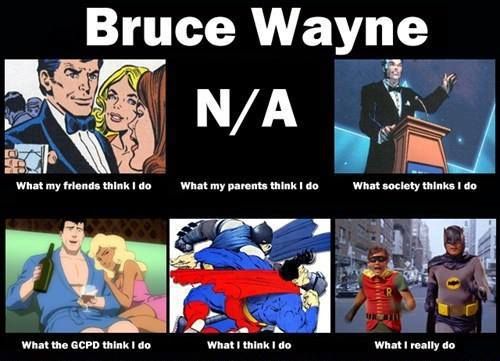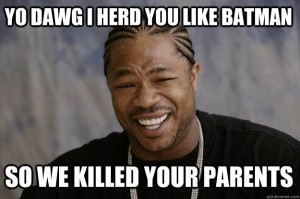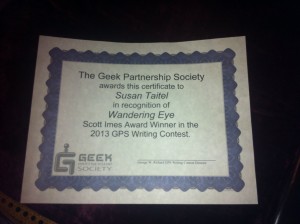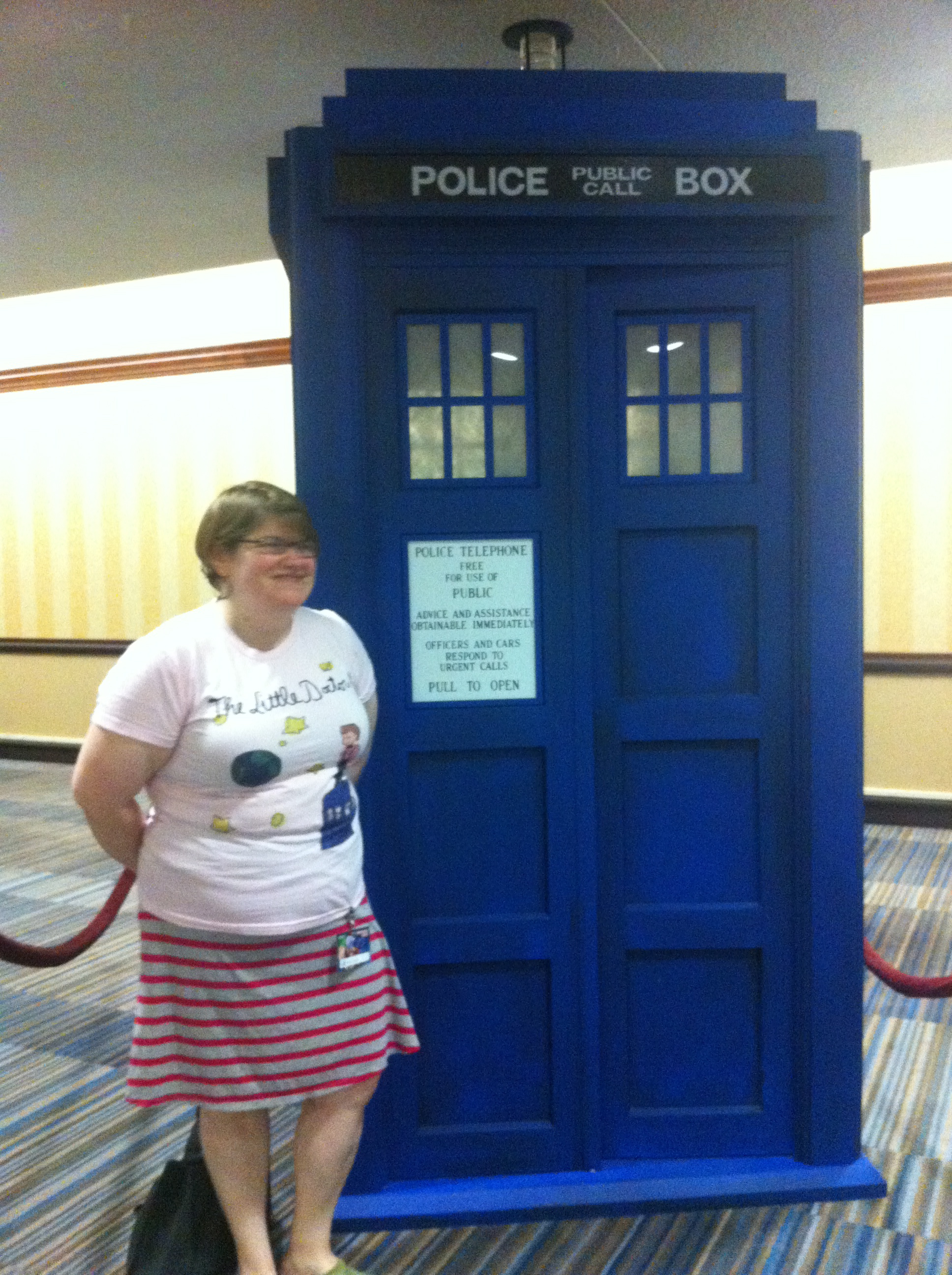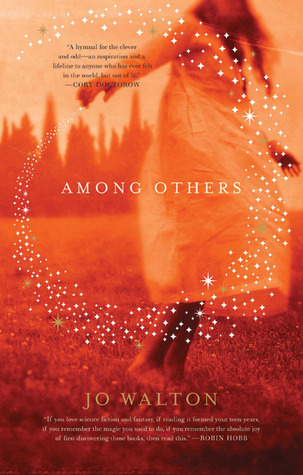The Amazon Breakthrough Novel contest is less than two weeks away. Entries begin being accepted on January 14th. For those who don’t know, ABNA (for short) is a contest run by Amazon (yep, that Amazon) for unpublished novels. The entrants get the opportunity to have their books reviewed and the winner gets published. I highly recommend any and all new and not so new unpublished authors give it a shot. The upsides of the entering are multiple. There is no cost or fee to enter, even if your book is cut in the first round of judging, all you are out is the time you spent preparing the entry. There can only be one winner (actually not true this year, but I’ll get to that later) and with a pool of ten thousand entries, it probably won’t be you. But that doesn’t mean there’s no benefit for entering and not winning. Every good thing that has happened to me as a writer can be traced back to ABNA. Participating in it taught me how to write an engaging query, provided me with valuable feedback on my work, and put me into contact with other authors I now consider friends. Some contestants have gotten agents because of the exposure they got in the contest. Some of the self published authors saw their sales spike. I know I’ve bought books based on reading the excerpt during the contest.
So here’s how it works. The contest opens on a certain date, this year January 14th. It stays open for two weeks or until ten thousand people have entered, whatever comes first. Each phase of the contest mimics steps an author takes in trying to get traditionally published. The entry consists of a 300 (or less) word pitch, an excerpt of the first 3000 to 5000 words of the novel, and the entire manuscript. The first round is the pitch round. It’s about the same as a query letter you’d send to an agent, with the exception of that you cannot put your name in the pitch. The ten thousand pitches are read, judged, and scored. The top 2000 scoring pitches advance to the next round. In that round the excerpt is reviewed and again scored. On top of that Amazon makes the excerpt available to the public who also can comment on the excerpt. Their comments don’t effect the judge’s decision but it is a great opportunity to get feedback from strangers. The top 500 scoring excerpts move on to the quarterfinals in which a Publisher’s Weekly employee reviews and scores the entire manuscript. Every one of the 500 hundred gets a review, but it’s not guaranteed to be a good review. From there the top 100 manuscripts become semifinalists. The judging panel, usually consisting of Amazon executives, editors, and one or two successful authors, choose the six finalists. At this point the excerpt is back in play as members of the public are invited to read the excerpts and vote on the one they want to win. In previous years there were two winners, one from young adult and one from general fiction. They were awarded $15,000 and their book was published. This year is a little different. This year the single winner is awarded $50,000 and their book is published, while the five other finalists get $15,000 and their book is published. All six finalists get published! That’s pretty exciting.
Here’s my history with the contest. I first entered in 2010. I discovered its existence just a few weeks after completing my first novel, My Undead Ex. I was looking for something to do with it now that it was done. I stumbled onto the contest perhaps a day or two before the entry period closed, so I threw together a pitch, proofread the entire manuscript in a twenty-four hour period, and entered. Needless to say, I was cut at the first round. I was about as clueless as it was possible to be. I wince now when I think about the mess of a manuscript I entered. And my pitch was as dry as dirt. But I had lost nothing for trying, and wrote it off as a learning experience.
One year and another finished manuscript later, the contest was back and so was I. Again I entered My Undead Ex. But a lot had changed in that year, to start with I wasn’t quite so raw and had more than a few days to clean up manuscript. Secondly, I’d discovered the ABNA forums. I hadn’t participated in message boards much prior to that. My few forays usually ended with me being grossed by the backbiting and skeeviness that sprung up like fungus in even the most innocuous seeming group. But this was different, this was a bunch of authors with a common goal. Some of the discussions were silly, some enlightening, many were newbies like me, asking questions of the veterans. The most significant one for me was the pitch thread. Participants posted their pitches for others to comment on, and comment they did. They said what wasn’t working and offered advice on how to improve it. I learned quite a bit about what makes a pitch work from reading other people’s pitches. I posted my own and got invaluable help, and tried my best to pass on what I’d learned. So entry time came again, and again I entered. And I made it through the pitch round. My excerpt was posted and I got a few reader reviews. They were neither glowing or discouraging. The official reviews were similar, highlighting a few good aspects and pointing out things that I could work on. And I was cut from the competition. I wasn’t disappointed, I was happy to have made it a little further than before and gotten some feedback from people I didn’t know, as well as having made some writer friends.
(All these years later, My Undead Ex, a book I love and have written two sequels for, still doesn’t feel ready for publication. I’ve learned so much about writing in the intervening years, it needs another thorough revision before I consider it.)
So another year passed. This time I entered my most recently finished manuscript, Random Acts of Nudity. I felt it was my best work. I went to the pitch thread again, and got help. And was sure to offer some in return. I went in feeling good about my chances. I didn’t think I’d win, my goal was to get to the quarterfinals and get a Publisher’s Weekly review. I waited nervously for the list of entries that made it past the first round. And my name was on it! Which put me back into waiting mode. In the meantime the excerpt was posted, and it started getting reviews. Lots of reviews! Lots of really positive reviews! People were reading my work and they liked it! And then the official excerpt reviews came in and they were also mostly positive. I’d made it to the quarterfinals! So again more waiting. The new list came out and I expected for that to be the end of the road, but there was my name again, I was a semifinalist! And the Publisher’s Weekly review was posted and was mind-blowing in its positivity. A professional said good things about my book! I was over the moon. So the only thing to do was wait to hear about the finalists. I tried not to get my hopes, but I admit I occasionally fantasized about being flown to Seattle for the awards luncheon. Then the finalist list came out and my name was not on it. Was I disappointed? Yes, a little, but not devastated. And the books that were on the list entirely deserved to be there. The whole experience was so great and validating. I don’t regret it for a minute.
So here I am again. I’m planning on entering Random Acts again. Since entering it last year I’ve queried it to agents and gotten some interest. I’ve taken the editing course, and chopped about eight thousand words out. It feels much tighter. It is still under consideration with a few agents, and if they were to offer to represent it, I’ll withdraw from the contest. However there’s no predicting when I’ll hear from them, and no saying whether they’ll make an offer. So the plan is still to enter. That $50,000 is too tempting. I’ve got a pitch I’m happy with, and feel like the last edit cleaned up any lingering errors. I don’t really have a goal this year. Last year was so phenomenal, it would be hard to top, short of actually making it to the finals. And while that would be awesome, it’s anything but shoe in. There’s no guarantee I’ll even make past the pitch round this time. The contest is infinitely variable.
So as a three year veteran of the contest, I thought I’d offer up some tips for a successful ABNA experience. Just keep in mind that my definition of success doesn’t necessarily include winning the contest.
1) Read the official rules. Read them twice. Know them inside out. There are several ways to get disqualified if you’re not paying attention. For starters if you’re name is anywhere on the pitch, excerpt, or manuscript, you’re out. And there is a minimum and maximum word count. If you’re novel is 49,999 words, it’s too short and not eligible for the contest. If it’s 150,001 words it’s too long and also not eligible. Read those rules, there’s lots of them, but it’s what you need to know. If you need help understanding the rules feel free to go the forum and ask, but the person responding will probably just go to the rules page for the answer.
2) Visit the pitch thread. Writing the pitch is often harder the writing the book. Take the help that is out there. The pitch is the first thing that gets judged in the contest (and in the traditional publishing world as well). if your pitch doesn’t entice the judges, your entry is dead on arrival. Even if you don’t post your own pitch to be commented on, read the ones that are already there. Try to figure out what makes you want to read that novel, or what is keeping you from the same. But I do recommend posting your pitch. Usually we as authors are too familiar with the novel. What we think makes perfect sense, could leave the reader scratching their head. Or turn them off entirely. Getting outside feedback is essential. And remember 300 words is the maximum for the pitch not the requirement. If you can effectively sell the story in less than 300, do it. 250 seems to be the sweet spot.
3) Expect negative feedback. You will never please everyone. It’s not possible. Nothing is universally loved. Name a beloved book/movie/work of art, I’ll find you some one who thinks it’s over rated. Even the Mona Lisa has its detractors. Don’t expect nothing but praise. If you put your work out there, whether its the pitch, the excerpt, a two sentence quote, someone will pipe up to criticize it. They may be wrong, they may be right. Last year during the excerpt phase even though I was moved on to the next round, one of the official reviewers gave me some feedback that initially felt a bit harsh. After a day to nurse my wounded pride, I realized it was a valid criticism, and I’ve worked on improving my writing on those lines. If you can’t take hearing criticism that isn’t one hundred percent positive, the contest isn’t for you. In fact publishing in general probably isn’t for you in that case. But the contest can give you a taste of whether you can handle it.
4) Don’t be a sore loser. The contest eventually leads to 6 lucky entrants being published, but that leaves 9,994 who don’t. Odds are that if you enter, you will be cut before the final six. You may be disappointed. You may think the judges were smoking crack for cutting you. You may want to smack some sense into the reviewer who called your entirely original creation derivative. You may need to blow off some steam. By all means do it. Talk to your friends, rant to your cat. Write a letter you won’t send to Amazon. Write a short story where book critics meet creative and horrible demises. Whatever you do, don’t voice your sore feelings in public. And yes the Internet is public. In the years I’ve been following the forums, inevitably after each round of cuts, the boards flood with people declaring the contest is pointless, unfair, rigged, a sham, a joke— now that they’ve been cut. They didn’t seem to feel that way while they were still in the competition. This is a bad idea beyond it making you seem inexperienced, bitter, and immature. I’ll go into why in the next tip.
5) Don’t just root for yourself. The forums are a great place to connect with other writers. They can help you perfect your pitch, keep you company as you wait for the results, and give you tips on whatever the next leg of your journey is. Whether it’s self publishing or looking for an agent, somebody there has already done it. These are connections you want and need. I’ve seen two of the finalists from one year, who were in direct competition with each other, cheering each other on and actively helping each other find paths to publication.
Last year I went to the pitch thread to get help, reconnect with friends I’d made the year before, and make new connections with new contestants. One new contestant seemed like a great new contact/friend. Their book sounded like something I’d read. I helped them with their pitch, they paid it forward with good advice for other authors. When we both made it through the pitch round, we digitally high-fived each other and consoled those who didn’t. We chatted on the forums as we waited for the results. I read their excerpt when it went public. I liked it and left a review with my thoughts on what I liked and what I thought needed work. They did the same for me.
Then the official excerpt reviews came in and the list for the next round was posted. I made it through, they didn’t. I offered them my condolences and encouraged them to keep trying. I didn’t hear back from them. The next time I saw them in the forums, they were railing against their official review. In fairness, the reviewer didn’t word their main criticism in the most diplomatic way, but the meat of it was the same criticism I’d had for the excerpt. It was the same issue nearly everybody who reviewed the excerpt pointed out, just in kinder words than the reviewer had used. But the author posted repeatedly about how blind and unfair the reviewer was, each post growing more vitriolic. It wasn’t fun to read, left a bad taste in my mouth, and lost the author some of my respect. Then they went on to declare that the whole contest was stupid for not recognizing the brilliance of their book. Which, though I don’t think they realized it, was a swipe not just at the contest but all the people who the reviewers had advanced to the next round, including myself who had considered that person a potential friend, who had been rooting for them, who would have been happy to congratulate them had the positions been reversed.
As I said before, everything good to happen to me in my writing career can be traced back to this contest. And most of it is because of contacts I made. People I met on the ABNA forums pointed me toward the contests that led me to the agents that are currently reading my book. I met the editor of the anthology that published one of my short stories through the facebook group associated with it. My critique group consists entirely of people from the boards. I doubt they would have let me into the group, if they thought I’d lash out if they said anything negative about my work.
I know I’d be wary to help this author again. But I probably would, since I did see potential in their excerpt. But whether I would or not is moot because they haven’t come back. They’ve let their hurt pride cut them off from a valuable resource. (By which I don’t mean me, but all the ways they could get help and exposure. As I’ve said a few people have gotten book deals based on the contest, people who got no further than this past contestant. But their work caught the attention of an agent, who very well could have been following their behavior on the forums as well.)
So there you have it. My best advice: be sane, be courteous, take your lumps, and take a chance. It all translates to the publishing world as well. Good luck to everybody entering.

